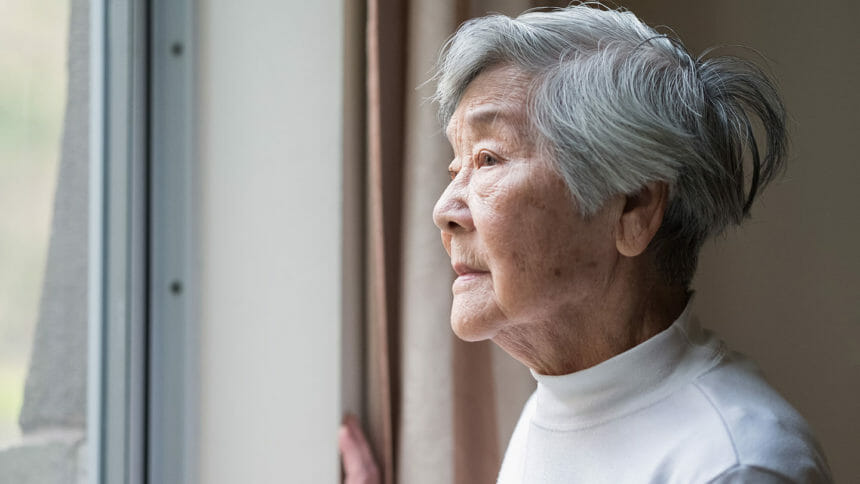
When older people expand their social networks, engage in activities and use technology — upping their “resilience factors” — it can reduce their risk of loneliness and all the health ailments that come with it, according to new research.
These engaging “resilience factors” can lower the negative physical and mental health issues that are linked to loneliness, said Julianna Liu, a researcher with the Hinda and Arthur Marcus Institute for Aging Research in Boston who worked on the study. The research was published on Tuesday in The American Journal of Geriatric Psychiatry.
Liu’s team said that volunteering, enhancing knowledge about technology, and getting involved with others are all ways to combat loneliness. Loneliness can be exacerbated with age, vision impairments, depression, anxiety and struggles related to everyday function.
Liu’s team looked at data on 238 people from before and after the COVID-19 pandemic. The data source was the Successful Aging after Elective Surgery (SAGES) dataset. Of those who participated in the interviews, 39 of them, or 16.4%, said they were lonely.
“This study found several risk factors that increased the chance of experiencing loneliness during the COVID-19 pandemic shutdown,” Liu said.
“Importantly, it also identified actionable ‘resilience factors’ that helped mitigate some negative effects of loneliness on physical and mental health outcomes,” said Tamara G. Fong, co-senior author and mentor, who is also with the Hinda and Arthur Marcus Institute for Aging Research. The news comes after a report in Nature Human Behavior that found the risk for early death rises 26% for people who were socially isolated and 14% if they were lonely. A 2020 report also found being lonely raises a person’s risk for dementia by 50%. And loneliness could raise the risk for death from all causes, and it may have a risk level that could be similar to risks from smoking, obesity or not getting enough physical activity, the US Centers for Disease Control and Prevention reported.



